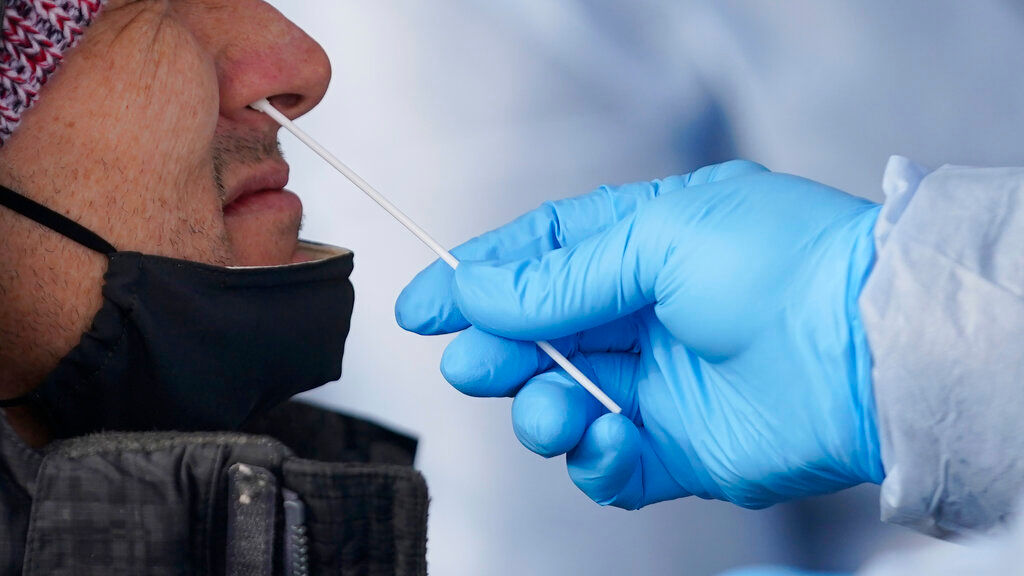Countries across the world are reeling under the pressure of the recent wave of COVID-19, fuelled possibly by the highly transmissible Omicron variant of the coronavirus.
Speaking on BBC Radio 4’s Today program, Regius professor of medicine at Oxford, John Bell, has now said that the variant is not “the same disease we were seeing a year ago”, according to a Bloomberg report.
Speaking of Omicron, which was first reported in South Africa in November, Bell said that the strain appears to be less severe, and even those who end up in the hospital spend less time there.
Also Read: CDC investigating over 85 cruise ships with COVID cases
“The horrific scenes that we saw a year ago, intensive care units being full, lots of people dying prematurely, that is now history in my view, and I think we should be reassured that that’s likely to continue,” Bell added.
The professor’s statements come in the backdrop of the UK government’s decision to not impose stricter COVID-19 restrictions like it at the end of last year.
But cases have been spiralling in the UK in the past week. The National Health Service in England reported that there were 1,281 coronavirus hospital admissions on Christmas Day, up more than 70% compared to the previous week.
Health Secretary Sajid Javid said on Monday that he’s monitoring the latest data and urged people to stay cautious and celebrate outside if possible.
Also Read: CDC investigating over 85 cruise ships with COVID cases
The World Health Organization warned on Wednesday that a “tsunami” of Omicron and Delta cases will drive health systems around the world towards collapse.
According to WHO’s figures, the number of COVID cases recorded worldwide increased by 11% last week compared with the previous week, with nearly 4.99 million newly reported from December 20-26.
“I’m highly concerned that omicron, being more transmissible (and) circulating at the same time as delta, is leading to a tsunami of cases,” WHO head Tedros Adhanom Ghebreyesus said at an online news conference. That, he said, will put “immense pressure on exhausted health workers and health systems on the brink of collapse.”







